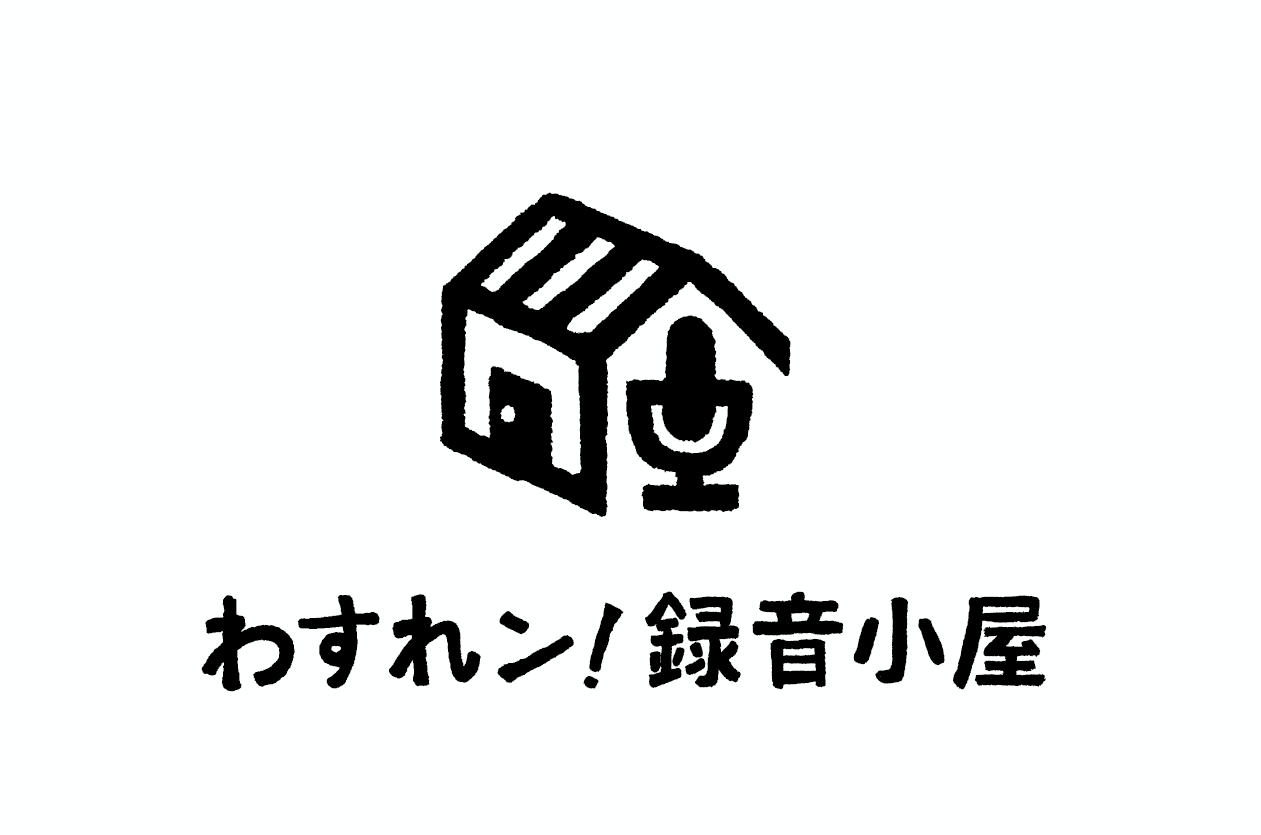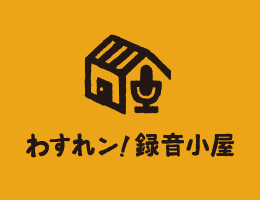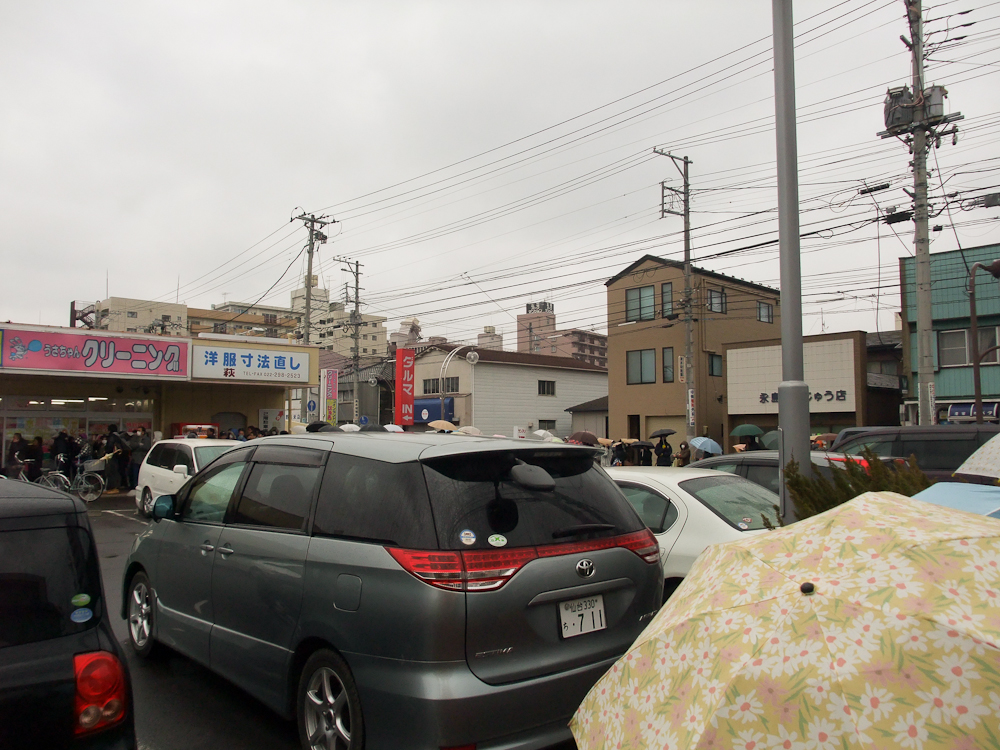03 Speaking to a coworker (2)
B’s story (first part)
Two coworkers, A and B, participated today.
They asked each other many questions about their thoughts and experiences of the disaster, changing their roles as interviewer and interviewee in the middle of the conversation. This article presents B’s story, as interviewed by A. (Here is the second part)
***
B worked in the same place as A. The hardest part for her was that there was no water: she couldn’t drink water, flush the toilet, or take a bath. Being unable to take a bath was traumatic for her in a way. After the disaster, she became anxious every time there was a forecast about a natural disaster. She began stocking up on supplies such as wet tissues.
When asked about what she never wants to forget, she says that it’s the gratitude she felt for all the people around Japan who helped disaster-stricken areas towards recovery. When asked about what she felt that others did not understand, she said that it was difficult to convey to people in other regions the frustration and urgency of not having water.
When she walked around Tokyo on March 11 a few years after the disaster, she felt uncomfortable seeing that people were not observing silence for the victims. People in Tohoku were not just affected by the earthquake and tsunami, but also the nuclear power plant disaster. The nonchalant way people in Tokyo used electricity made her feel uneasy.
When asked what she could do to be understood, B explained that it was important to not give up and continue sharing her experiences. For her it is important to remember March 11th, but also the death anniversaries of the people who lost their lives. She also wants to share what is happening on the Tohoku Coast each day with the rest of the nation. (Continued in second part)
***
Interviewee: B (female)
Interviewer: A (female)
Recording date: 13 March 2019
What is recorder311 Recording Hut?
Talk to your family or friends about memories of that day, how life changed afterwards, and your feelings today. This project gives people a chance to ask the questions they couldn’t ask and open up about the things they’ve been wanting to say. Record your memories as a pair, with an interviewer and interviewee, so that they can be preserved for future generations. Check here for details.
*This article was edited by recorder311 staff
Date of article: 30 November 2019

| Recorded on | 13 March, 2019 | |
|---|---|---|
| Recorded by | Sound editing & text: MIZUTANI Hitomi (recorder311 staff) | |
| Recorded at | sendai mediatheque, 2-1 Kasugamachi Aoba Ward, Sendai City, Miyagi Prefecture | |
| Series | ||
| Keywords |



















